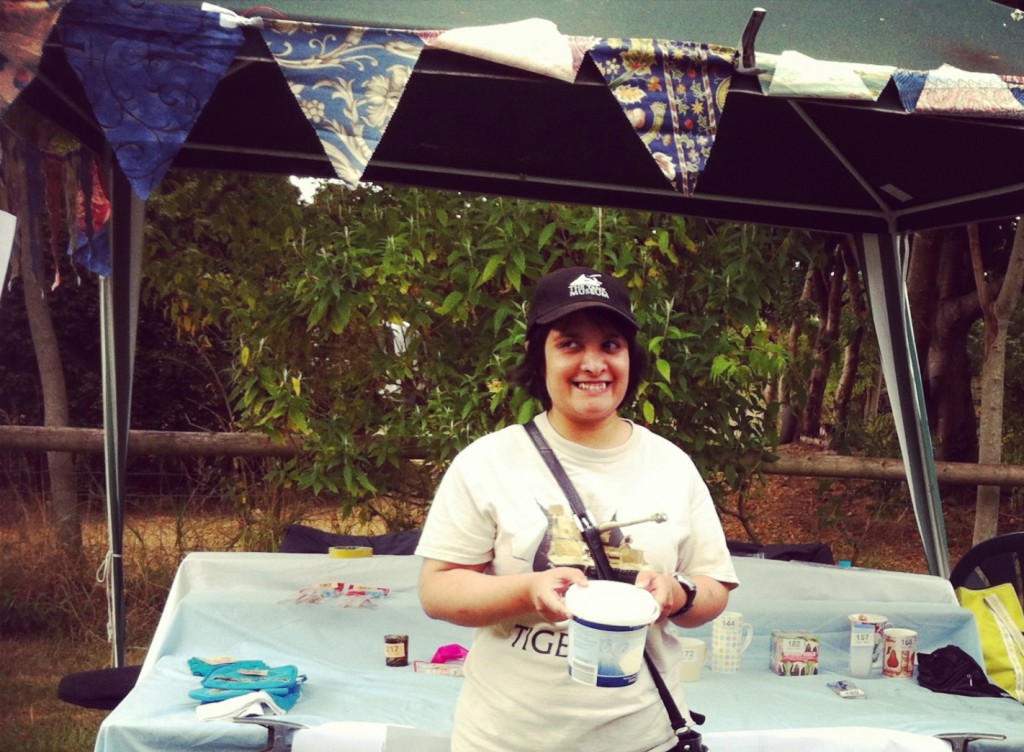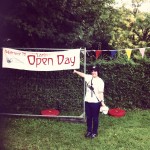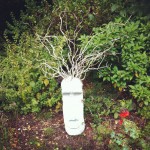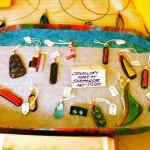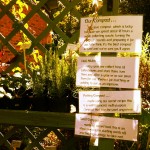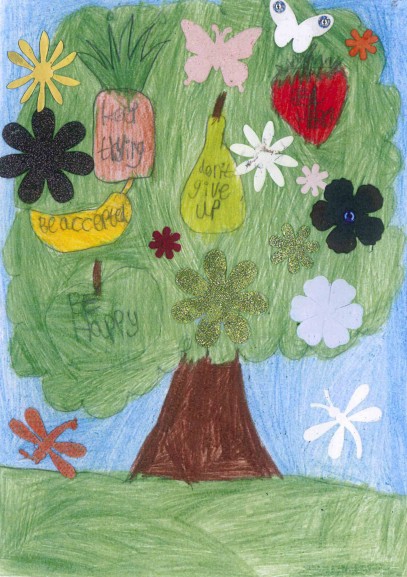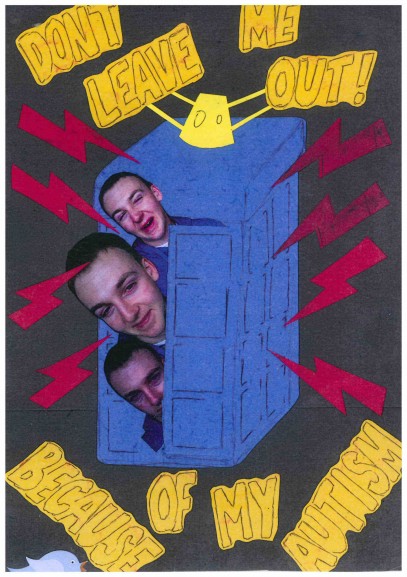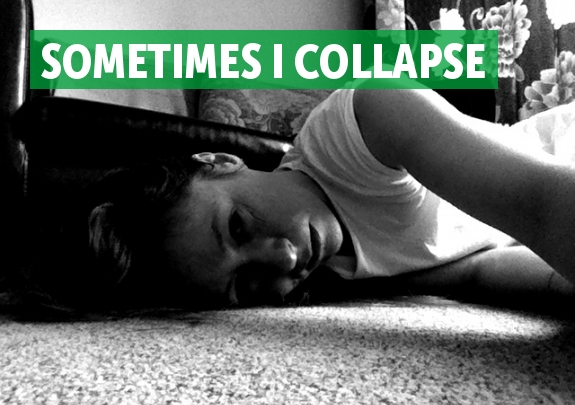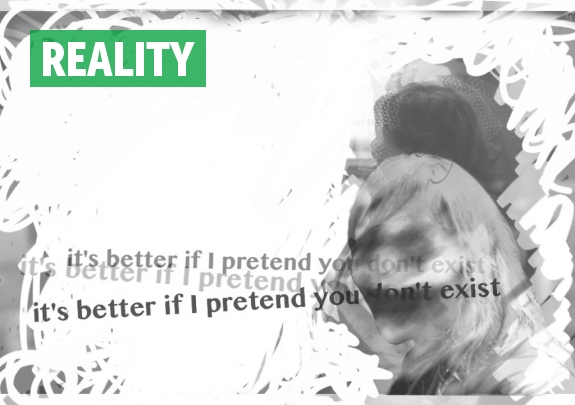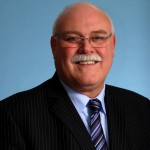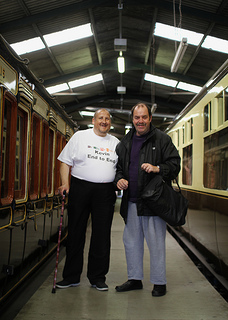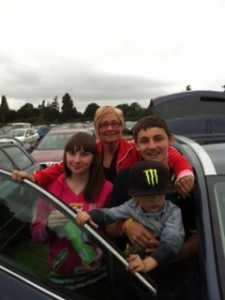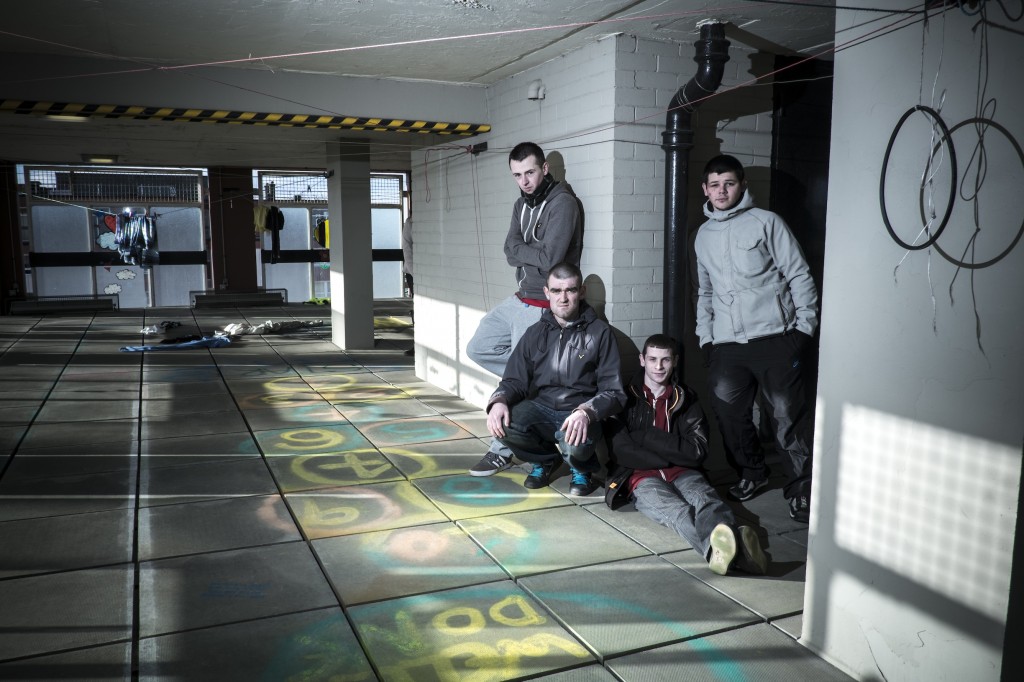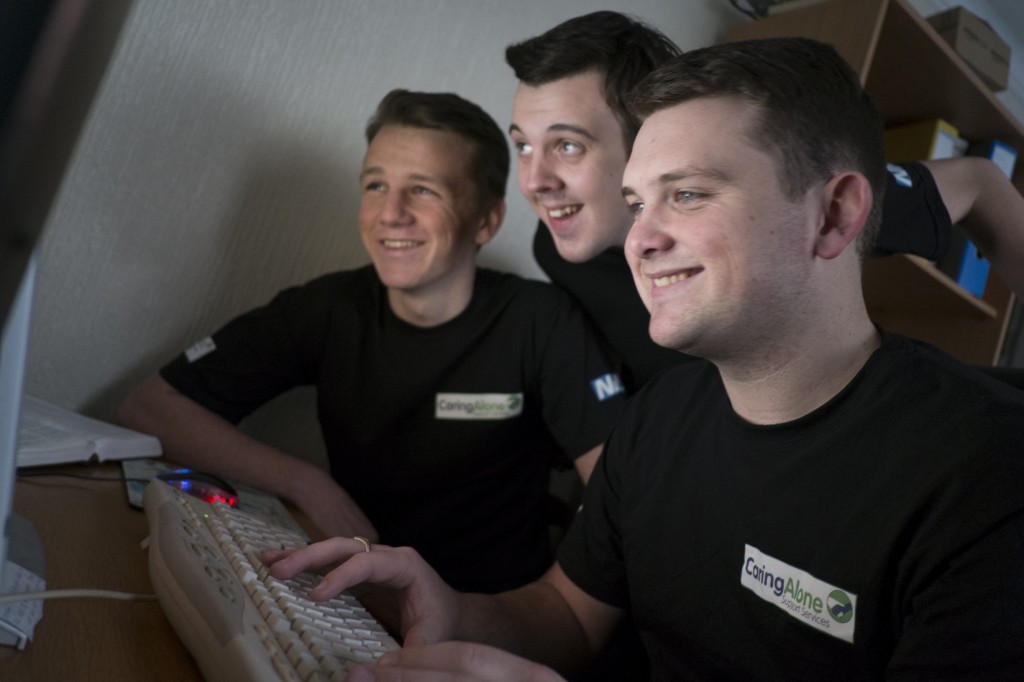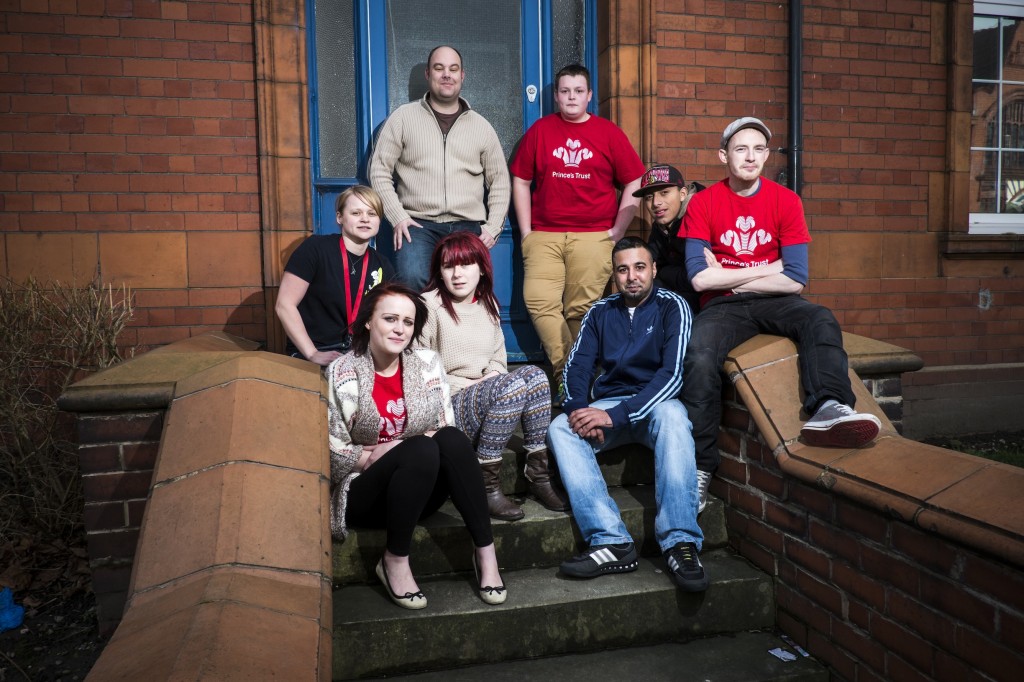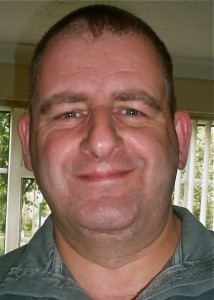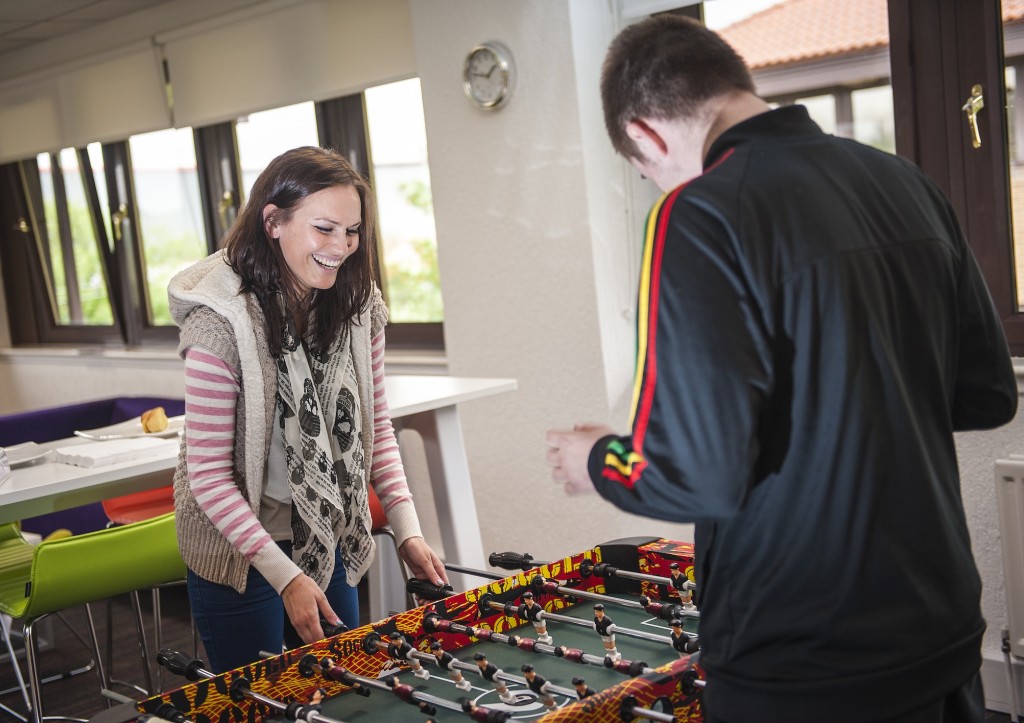
The fate of children in care in Scotland has recently his the headlines; care leavers need more support, say experts, if their life chances are to improve. And today Michael Gove has criticised the care home system in England. But what if some vulnerable children could be prevented from going into care in the first place? In a joint guest post, Daniel* and the support worker who helped him describe how a Scottish community-based alternative to custody and secure care helped him turn his life around.
 Daniel*, 21, describes how he was supported by the charity Includem:
Daniel*, 21, describes how he was supported by the charity Includem:
“I don’t even know if I would be alive had it not been for Includem. I was drinking all the time and taking drugs, valium, cannabis, ecstasy. I was fighting a lot with my mum and other people and ‘doing turns’ – theft, breaking and entering offences – to get money to spend on food and clothes. Things started to go wrong when I left primary school and when I was about 12.
I had a bad relationship with my mum – we argued all the time – and I was constantly getting thrown out of the house. I had nowhere to go so ended up on the streets. I was always in front of children’s panels and going into temporary care and then home again.
I wasn’t happy and could see that this [drinking and taking drugs] wasn’t the right thing to do but it was what was happening in my life at the time. I felt guilty about what I was doing. I wanted things to change but didn’t now how to make changes. I wanted things to be normal and to have a normal family life.
A social worker referred me to Includem; I worked with a few project workers until I clicked with my project worker who became the person who I felt I could work with. We spoke about goals and how to get there and how I was worthy of a better life.
My worker helped me when things were really bad at home; I could call the helpline at any time and Includem would come out and talk to me and my mum and make it ok for me to stay at home. They would meet with me at times when no one else would be able to – at the weekend, when I needed them I would contact the helpline and they would be there.
Includem helped me stay at home and they helped me get into training and never gave up on me. I respected them and they respected me. I felt hopeful that things could be different. They helped with all sorts of things – planning how to spend money on food and clothes to helping with how to deal with bad situations at home and how to get training to help to get a job.
They were there through everything – even during the night – when I lived at home, when I was homeless and then moving into my own place. They made me think that I was worthwhile.
Before I would just go out and steal things to sell so that I could buy new clothes. I learnt how to save money and how to spend it on food so that I would last. They taught me how to deal with situations with my mum – how to walk away from violent situations and how to stay calm.
Things changed for me because my worker listened and respected me so I trusted and listened to my worker. I got on with her and established a relationship – I started to feel hopeful that things could change. Includem listened and didn’t give up on me, even at the start when I didn’t want to work with them.
Now I live with my daughter and girlfriend and I have my own home. I try hard to be a good dad that my daughter can be proud of – I want her to feel loved and cared for and safe. I want a routine for my family and my daughter and I am trying to find a job.”
 Karen McCulloch, Includem project worker, on how she supported Daniel:
Karen McCulloch, Includem project worker, on how she supported Daniel:
“Daniel was referred to Includem at the age of 15 due to his drug and alcohol misuse, anger, aggression, and difficult family relationships. He was a persistent high tariff offender and was facing homelessness due to a chaotic relationship with his mother.
When we meet a young person for the first time we listen to what they have to say and let them know what we can offer. We talk through their lives and identify the areas that aren’t working the way they should and start to look at how these could get better. We identity goals and talk to them about A Better Life – a unique toolkit that we use. We let them know we will meet them on a frequent basis and that we will plan normal social activities where we can meet and talk.
We let them know we put them first and they can trust us – that we want the best for them. Often this is a first for young people who haven’t had proper care in their lives or someone to talk to and look out for them.
We gave Daniel intensive support in managing his anger, including practical support on issues such as how to remove himself from volatile situations. Daniel’s relationship with his mother was difficult, and Includem worked with her to set clear and consistent boundaries within the home.
Daniel and his mother used Includem’s 24 hour helpline, not only at times of crisis but for advice and support. Includem supported Daniel for whilst he was on an electronic tag, a period in secure care for his own safety, and voluntary transitional support into adulthood. Throughout this time, Includem supported and liaised with Daniel’s mother to maintain their relationship.
Daniel didn’t gel with his first project worker so we changed workers to someone that Daniel clicked with. Our model is relationship based therefore we are flexible and will try different workers with different young people for the right relationship to be established.
My first visit to meet Daniel was on a Friday night when Daniel was out with his care home – Daniel had none of his own clothes so I went to his home and picked these up and took them to him. We visited him throughout the weekend and supported him. We talked about ways to change things – and assured Daniel that his life could change with the right support and direction. We put a plan in place that we would work through together in order to meet outcomes.
We started to see real changes. We taught Daniel to listen to his “inner speak” – the voice within that said he deserved a better life and that he could make it happen. When he started to realise that he did deserve better, and how to achieve it, things started to change.
Daniel used the 24/7 helpline regularly as a support – he would phone if he had been thrown out of the house or was in trouble. He would call if he was arguing with his mother – on one occasion an Includem worker would be speaking to Daniel on the phone in one room, another would be speaking to his mother on the phone in another room and a worker would be driving to the house to help calm the situation face to face.
Daniel would forget basic things such as when to eat as sometimes he was living between people’s houses – we would remind him that this was essential and give him practical support on what to eat and how to budget his money. We would plan our contact visits with him around when he would receive money and would take him to the supermarket and show him how to spend the money wisely and make it last.
Daniel moved into his own home under a mainstream tenancy at 19 (he is now 21), and is in a settled relationship and doing well. He has created his own family – he and his girlfriend have a baby, and there is no social work involvement with the family at all. Daniel has accrued no court charges or pending court charges for fouryears. He’s very keen to get a job. His partner is looking to start college and his main aim is to build on his progress and continue to provide a happy and loving environment for his child and partner.
We have a “scaffold of support” in place – a team of three – a project worker, an assistant project worker and a mentor – assigned to each young person so that they can build links and relationships with more than one person. Every service we provide is unique for that young person – we fit our service to them, not the other way round.
Among our successful outcomes is the fact that 90% of young people we worked with in a project with Strathclyde police reduced their violent offending. And with 72% of referrals from the Clackmannanshire area, Includem prevented family or community placement breakdown.
The biggest challenge is usually at the outset when young people are wary of accepting help and opening up about issues. Another challenge is actually meeting up with young people on planned visits at the start– often they don’t turn up for planned meetings and we have to go looking for them.
You learn to be creative in situations like this – finding solutions to challenges such as this and others – and speaking to colleagues for advice and ideas in order to make contact. We constantly refer to our A Better Life toolkit for support and advice.
Includem operates 24 hours a day, 365 days a year. We accept any referrals via social work departments, courts and police. We never turn any vulnerable young person away – no matter what their situation is and how chaotic it may be.
‘Stickability’ is a word we have coined – it’s a key part of our service and is at the heart of what we do – we are persistent, we won’t give up on a young person and we will stick with them at all times during the support we give them.”
* Daniel is not the young man’s real name

